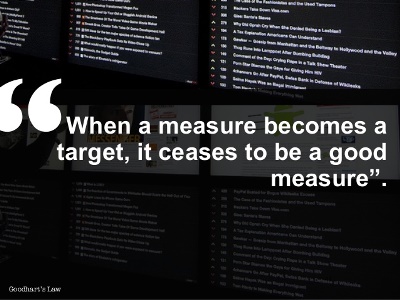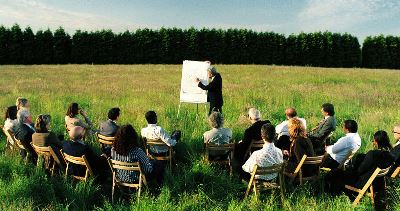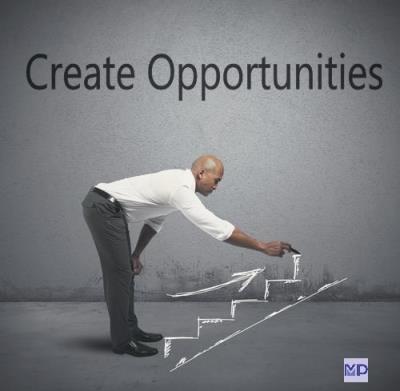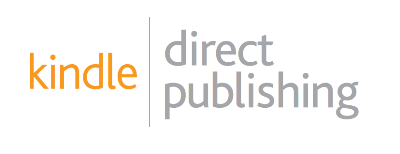Goodhart’s law basically says that ‘When a measure becomes a metric, it ceases to be a good measure’. This is quite powerful, and observable on a daily basis in all sorts of settings.
 This law has profound implications about target-setting in organizations and many other situations. In the very recommended post ‘Goodhart’s Law and Why Measurement is Hard‘, the author explores measurement in complex situations. And in effect, complexity ruins the interest of measurement, because of the retro-actions of measurement on the system. Goodhart’s law is thus fundamentally an observation from complex systems that evolve as a result of self-measures.
This law has profound implications about target-setting in organizations and many other situations. In the very recommended post ‘Goodhart’s Law and Why Measurement is Hard‘, the author explores measurement in complex situations. And in effect, complexity ruins the interest of measurement, because of the retro-actions of measurement on the system. Goodhart’s law is thus fundamentally an observation from complex systems that evolve as a result of self-measures.
Goodhart’s law is mostly important in organizational settings: it is important to measure, but as soon as a measure is in place, it becomes a target and therefore, drives behavior – sometimes in a unfavorable manner. The only response is either, to measure but not publicize the metric; or use some version of a balanced scorecards with several balances metrics.
In any case, beware the Goodhart’s law when defining metrics in your organization!











